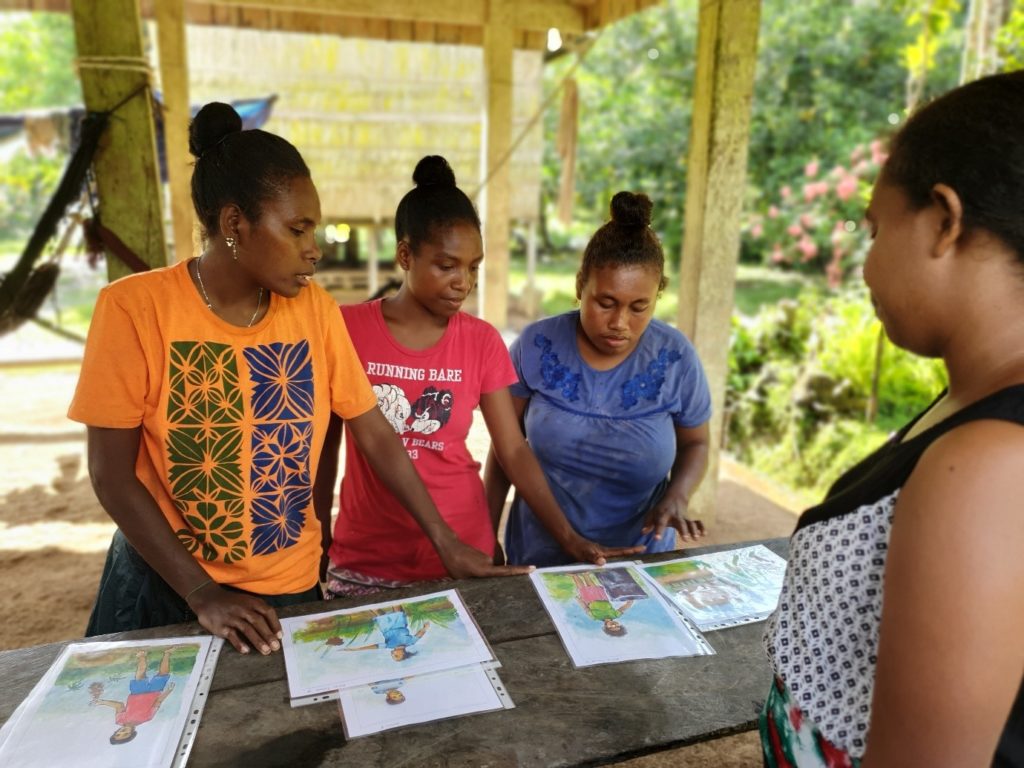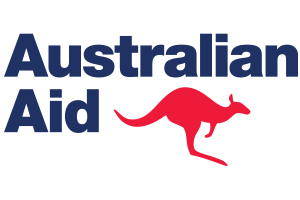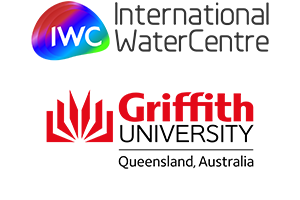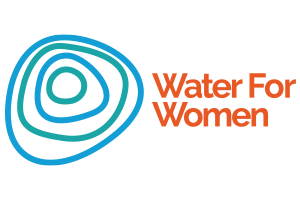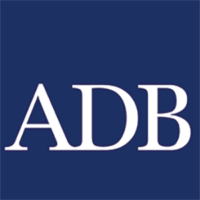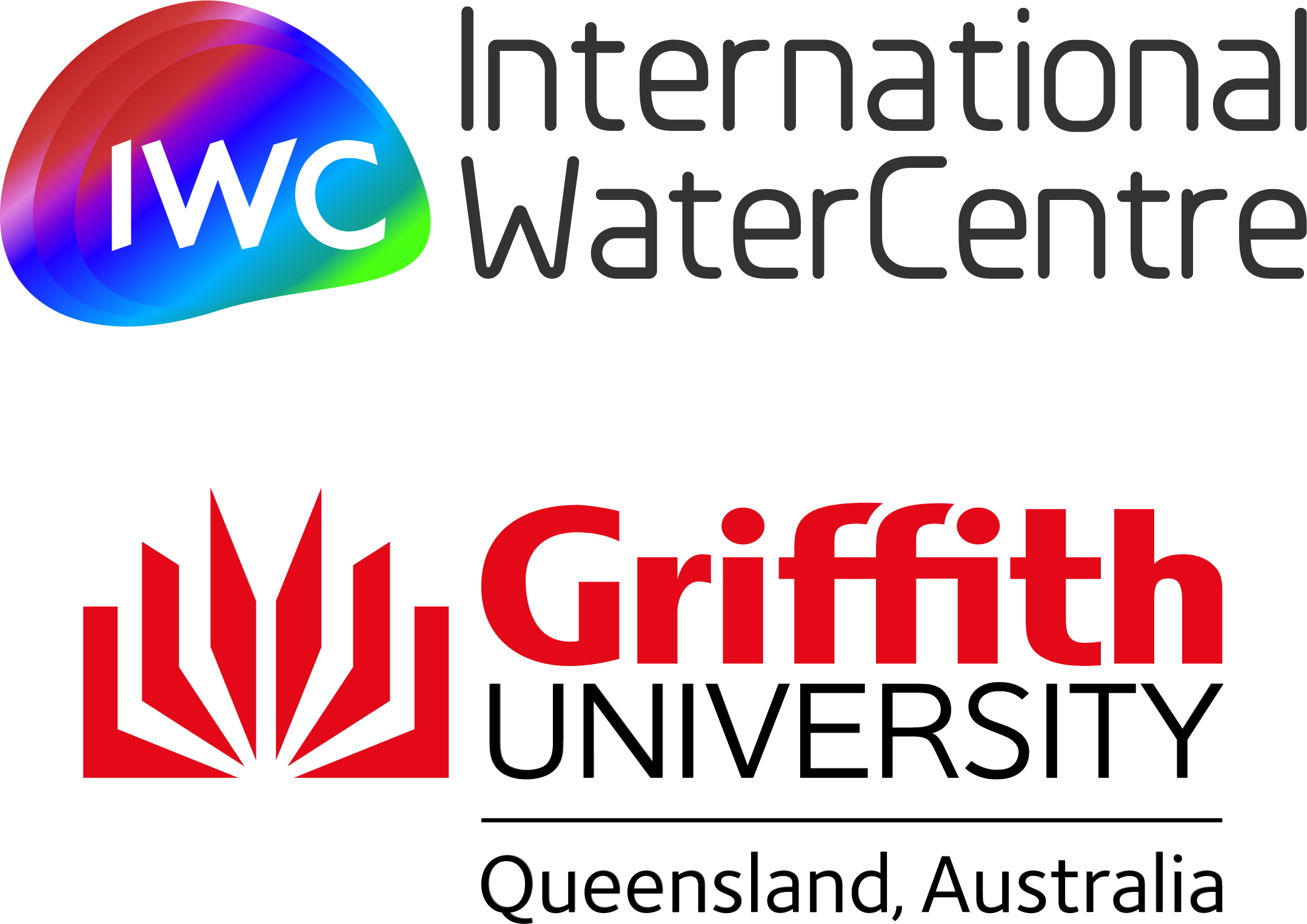Practitioner learning events that shape the future of WASH and water management:
Q & A with Dr Regina Souter from the Water & WASH Futures organising team, and Senior Research Fellow from the International WaterCentre
The International WaterCentre (IWC) is a long-term partner of the Department of Foreign Affairs and Trade (DFAT) and convener of the Water and WASH Futures events. In this interview, Dr Regina Souter shares IWC’s experience and what they are looking forward to discussing at these upcoming events.
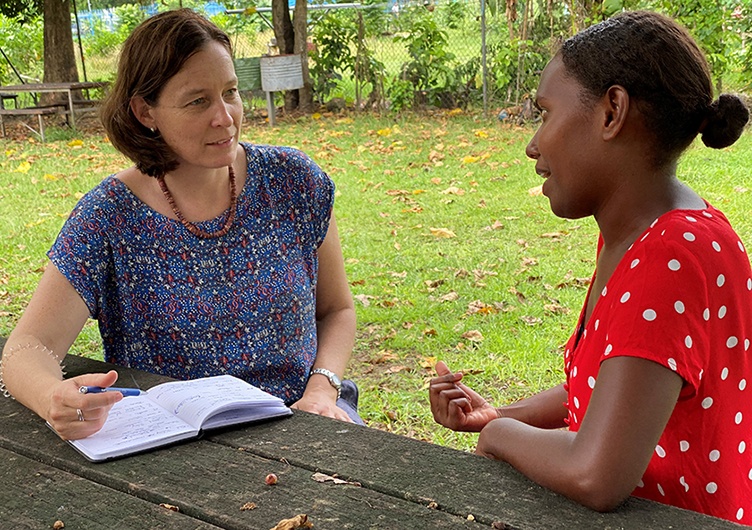
What has been IWC’s involvement in the WASH Futures events?
IWC has been involved since these events were first conceived. We had a supporting role for the first one in 2008 and have partnered with DFAT to host and manage the events since 2011. IWC plays a key role in shaping the agenda of the conference, which means bringing together the committee and working with them on the scope, priority themes, and programming. We draw on our wide network to help us do this.
What do you like about the format of the WASH Futures events?
I find the interactivity and the opportunity for people to talk with others during WASH Futures about what they are working on and grappling with very special. I also like how WASH Futures is practice-oriented – it is really focused on what practitioners and professionals CAN do. During the conference, people are given the space and time to get into the details of work they and others are doing. Activities are designed to improve their understanding of practical approaches and to connect with others doing similar work, whether through conference sessions focused on key topics, the poster exhibition, or through the training and workshops, where they have a whole day to get into a topic.
What are some of the biggest challenges facing the sector?
For me it remains the challenge of working across “silos”. WASH has always been spread across government ministries, such as infrastructure, health, education, planning, and as a consequence has suffered from a lack of integrated efforts. Now, in the face of climate change, we need to push far beyond those institutional barriers, to be working not only with water resources management actors, but also with other sectors beyond water, especially agriculture, the largest water user in most countries. Breaking down those silos to forge cross-sectoral policies, programs and practices are significant and necessary challenges.
What kind stories are you hearing from communities that illustrate the importance of the link between climate and WASH?
As a researcher, I work with communities, governments and civil societies in the Pacific Islands, where the impacts of climate change are already being felt, particularly in the ways in which droughts, floods, storms and sea level rise are making it increasingly difficult for both rural and urban communities to access safe and reliable water supplies. And the frequency of the disasters, and their impact to water supplies, is increasing. I was recently talking with a senior government official from a Pacific Island Country, about climate change, when he commented that they are swinging back-and-forth between responding to droughts and responding to cyclones. He said their time spent “not in disaster-response mode” is diminishing.
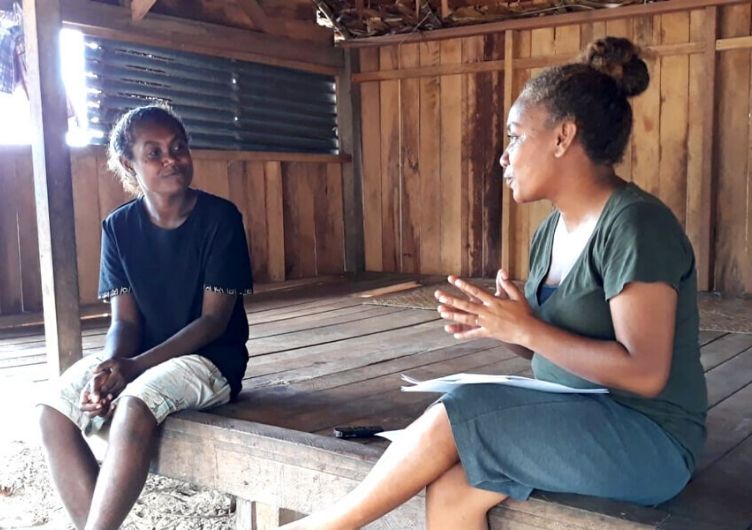
What examples of innovative practice do you think need to be more widely shared?
I hope many many examples of innovative practice will be shared at the upcoming WASH Futures events!
But, I think because they are still not very effective, it is important that we share our experiences with institutional arrangements that work. These can formal or informal, to suit the local context. And they can be at any level, from community through to national level government, or connecting these different levels together. We need to see more examples of good practice, to show how to practically support linking water resources management with WASH and in particular how WASH actors can get a seat at the WRM table, where they are considered a ‘small’ player!
I also think blended finance strategies for rapidly scaling up WASH outcomes, need to be shared. We especially need to learn more, and quickly, about the critical factors affecting the success of these public and private financing arrangements. We know partnerships and systems-perspectives are important, but more examples of innovative practices that support win-win outcomes for everyone, especially WASH users, is really needed.
What are you looking forward to discussing?
My research activity is currently focused on the Pacific islands and so I am really looking forward to spending time with research partners we haven’t seen enough of these last two years. We want to discuss together, and with others from other regions, innovative ways to reach rural communities in Pacific Islands, to support their water security and resilience to climate change, for health, wellbeing and livelihoods. We need to be thinking about how to address problems outside community boundaries, such as how to progress catchment-scale cooperation on water security.
I also want to join discussions about WASH in informal settlements – specifically about climate-resilient WASH service delivery models that can be retrofitted to settlements and that are appropriate to the social-economic-political settings of settlements in the Pacific islands.
What climate change, water and WASH projects is IWC working on?
Given the importance of addressing climate change, IWC have incorporated climate change, as a future risk to be managed by communities and governments, into a range of project activities. A few examples of our main projects with an explicit climate change focus include:
- Pacific community Water Management Plus (PaCWaM+): supporting rural communities to manage local water systems for sustainable, resilient and inclusive WASH outcomes (with The University of the South Pacific and Solomon Islands National University)
- Planning for climate-resilient urban WASH in Melanesia (with The University of the South Pacific)
- Community-to-catchment planning for inclusive, climate-resilient WASH systems in Solomon Islands (Solomon Islands, led by Plan International Australia)
- Blended finance for scaling-up climate resilient and inclusive WASH services (with Lean Finance)
- Engaging corporate actors for Inclusive WASH-at-work (with The University of the South Pacific, The University of Udayana and Institute of Technology Bandung, Indonesia)
